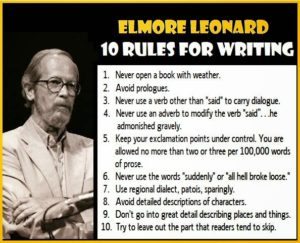This post by Jodie Renner originally appeared on Killer Nashville on 5/21/15.
Once you’ve got the first draft of your short story or novel down, it’s time to go back and reassess each scene to make sure the characters are engaging and the scene is as compelling as it can be.
Besides advancing the storyline, every scene should:
- Reveal and deepen characters and their relationships;
- Show setting details;
- Provide any necessary background info (in a natural way, organic to the story);
- Add tension and conflict;
- Hint at dangers and intrigue to come;
- Enhance the overall tone and mood of your story.
Remember that every scene needs conflict and a change.
To bring your characters and story to life, heighten reader engagement, and pick up the pace, try to make your scenes do double or even triple duty – but subtly is almost always best.
For example, a scene with dialogue should have several layers, including:
- The words being spoken;
- The character’s real thoughts, opinions, emotions, and intentions;
- The other speaker’s tone, word choice, attitude, body language, and facial expressions;
- The outward actions, reactions, and attitudes of both.
Here are eight key ways you can intensify your writing and enhance the experience for readers:
Read the full post on Killer Nashville.

